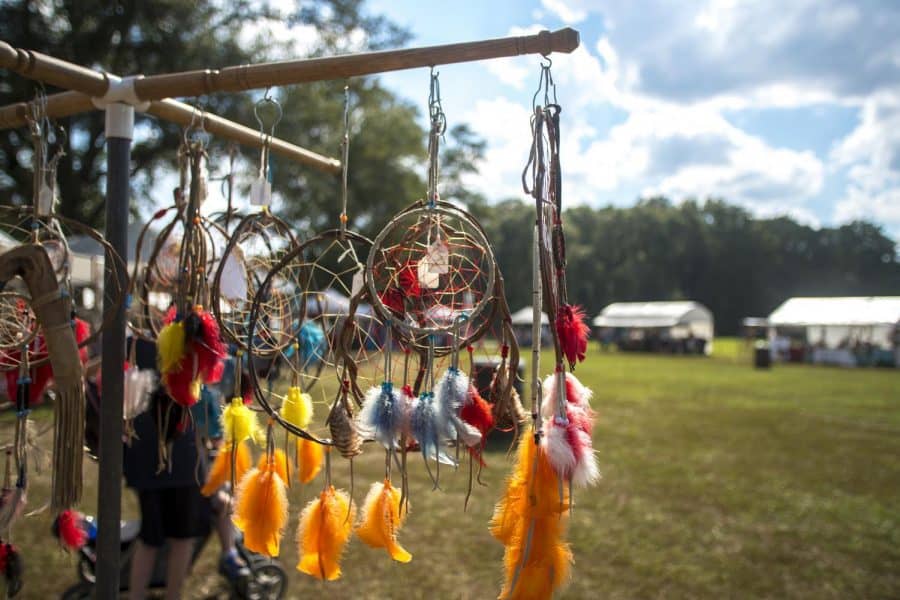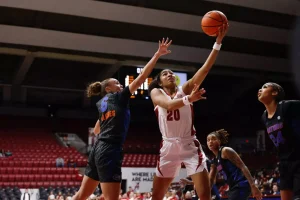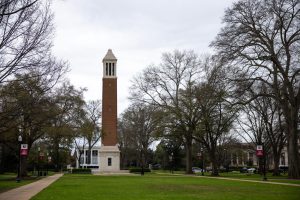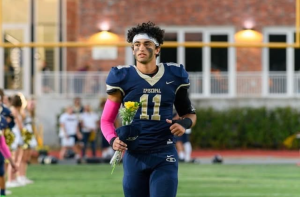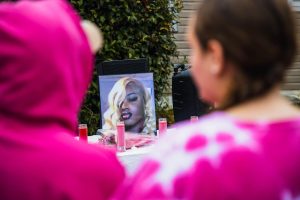UA Crossroads honors Native American heritage
November 5, 2018
In Tuscaloosa, Native American culture has shaped the area for nearly one thousand years. From being named after a chief who challenged de Soto’s 1540 expedition to the iconic hills of Moundville, Tuscaloosa is a hub of Native American history and its modern culture.
With no current campus organization for Native American students, Crossroads Community Engagement Center is taking the lead in supporting Native American Heritage Month by featuring various events throughout the month. The University’s primary connection to its ancient past is the archaeological site at Moundville.
“As one of the biggest ancient cities in the U.S., Moundville is an ideal place to celebrate Native American heritage,” Alex Benitez, Moundville Archaeological Park director, said. “We work with groups on campus in trying to put together student groups and give more visibility to Native American cultures and traditions on campus.”
As part of its November events, the park held its second annual 5K November Foot Race, officiated by the Tuscaloosa Track Club.
“[The race] gives people the opportunity to come and ‘Run Around the Mounds,’ but it also helps with our education programs for the Moundville Archaeological Park,” Cultural Resources Analyst and race organizer Lindsey Gordon said.
Even with the education efforts, some believe the presence of modern Native Americans are still lacking.
“I honestly don’t feel there’s adequate representation here in Moundville,” Nolie Ray, a junior majoring in anthropology, said. “I feel like Native Americans are underrepresented throughout America in general, but with this being such a special place for Native Americans, you would think since University owns [the park] that there would be some type of organization to connect to the park itself.”
Benitez emphasized the importance of learning from Native Americans during Heritage Month, citing the annual Native American Festival held in early October. However, he said, a lack of a student organization for Native Americans creates a lack of accessibility for those looking to learn about their cultures from current members.
“We often think of Native Americans as people of the past, but our ideas about Native Americans are often situated in some of the stereotypes and identities created for them, rather than by them,” Benitez said. “When we bring Native American tribe members up for our festival [in October], this gives us an opportunity to tell that story differently.”
Crossroads Community Engagement Center is working to fix underrepresentation in its support of culture and history months throughout the year.



